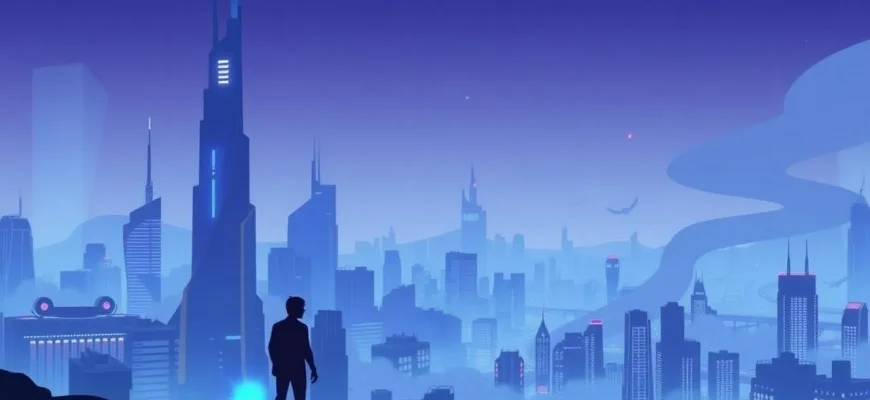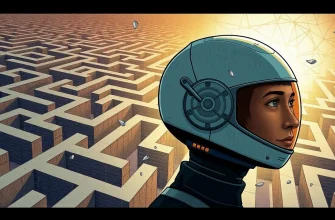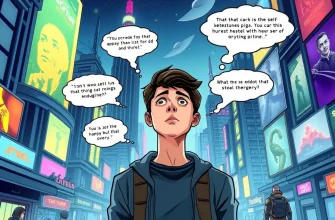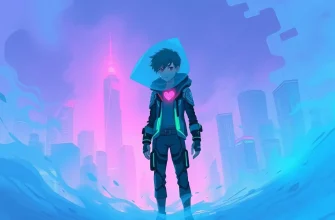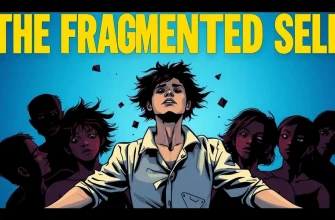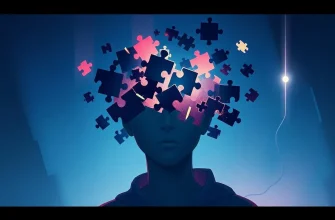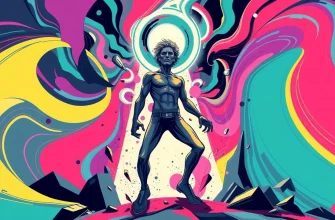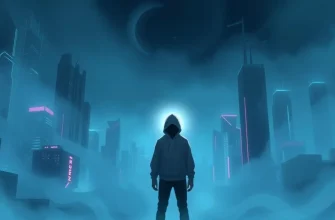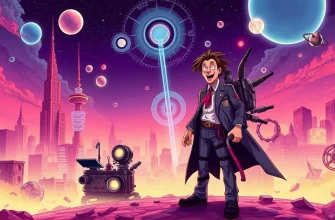This curated list of 10 sci-fi films delves into the complex theme of depression, offering viewers not only an escape into imaginative worlds but also a profound exploration of mental health. These films provide a unique perspective on human emotions, often using futuristic settings to mirror our internal struggles, making them invaluable for those seeking both entertainment and introspection.

The Matrix (1999)
Description: While primarily known for its action, the film also explores themes of existential despair and the search for meaning in a simulated reality, which can be seen as a metaphor for depression.
Fact: The concept of the Matrix was influenced by various philosophical ideas, including Plato's Allegory of the Cave, which deals with the nature of reality and perception.
 Watch Now
Watch Now
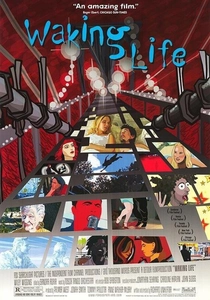
Waking Life (2001)
Description: This animated film explores existential questions and the nature of reality, with the protagonist experiencing a dream-like state that mirrors the disorientation of depression.
Fact: The entire film was rotoscoped, giving it a dream-like quality that enhances its thematic exploration of reality and consciousness.
 Watch Now
Watch Now
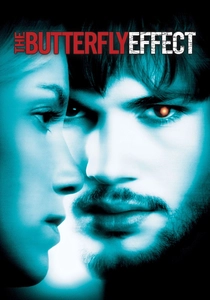
The Butterfly Effect (2004)
Description: The protagonist's ability to change the past to improve the present often leads to unintended consequences, reflecting the cyclical nature of depression and the desire to change one's life.
Fact: The film's title refers to the chaos theory concept where small changes can have large effects, much like how small events can trigger depression.
 Watch Now
Watch Now
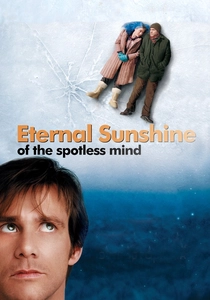
Eternal Sunshine of the Spotless Mind (2004)
Description: While not strictly sci-fi, the film's premise of erasing memories to escape pain touches on themes of depression and the desire to forget painful experiences.
Fact: The film was shot in reverse order to help the actors portray the emotional journey of their characters more authentically.
 Watch Now
Watch Now
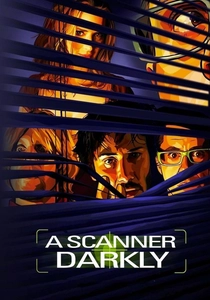
A Scanner Darkly (2006)
Description: Based on Philip K. Dick's novel, this film uses rotoscoping to depict a dystopian future where drug addiction and identity loss parallel the disorientation of depression.
Fact: The film's visual style was chosen to reflect the altered perception of reality experienced by the characters.
 Watch Now
Watch Now
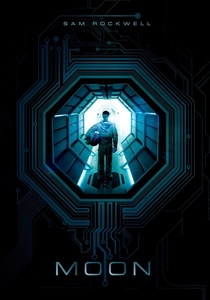
Moon (2009)
Description: Sam Rockwell's character, Sam Bell, experiences isolation and existential crisis on the moon, mirroring the loneliness and introspection often associated with depression.
Fact: The film was shot in a small studio, with Rockwell playing both the main character and his clone, highlighting the theme of self-reflection.
 Watch Now
Watch Now

Melancholia (2011)
Description: Lars von Trier's film uses the impending collision of a rogue planet with Earth to explore themes of depression, existential dread, and the end of the world, reflecting the inner turmoil of its characters.
Fact: The film was inspired by von Trier's own battle with depression. It features a stunning visual sequence where the planets align, symbolizing the characters' emotional states.
 Watch Now
Watch Now
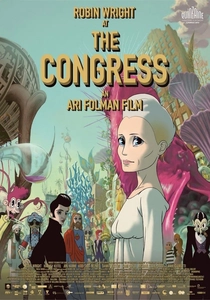
The Congress (2013)
Description: This film explores the blurring lines between reality and virtual reality, reflecting on identity, loss, and the search for meaning, themes often associated with depression.
Fact: It combines live-action and animation, with Robin Wright playing a version of herself, adding a meta-layer to the exploration of self and reality.
 Watch Now
Watch Now
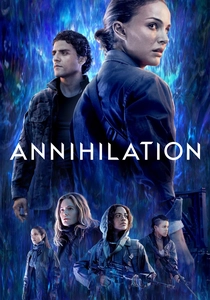
Annihilation (2018)
Description: This film follows a team of scientists entering a mysterious zone called "The Shimmer," which reflects and distorts reality, paralleling the protagonist's struggle with her husband's PTSD and her own mental state.
Fact: The film's director, Alex Garland, adapted it from Jeff VanderMeer's novel, and the movie's ending was intentionally left ambiguous to reflect the complexity of mental health issues.
 Watch Now
Watch Now
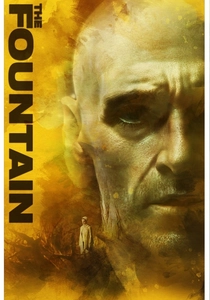
The Fountain (2006)
Description: Darren Aronofsky's film intertwines three stories across time, exploring themes of loss, love, and the quest for immortality, which can be seen as a metaphor for overcoming depression.
Fact: The film was initially conceived as a much larger project but was scaled back due to budget constraints, focusing on the emotional core of the story.
 30 Days Free
30 Days Free

